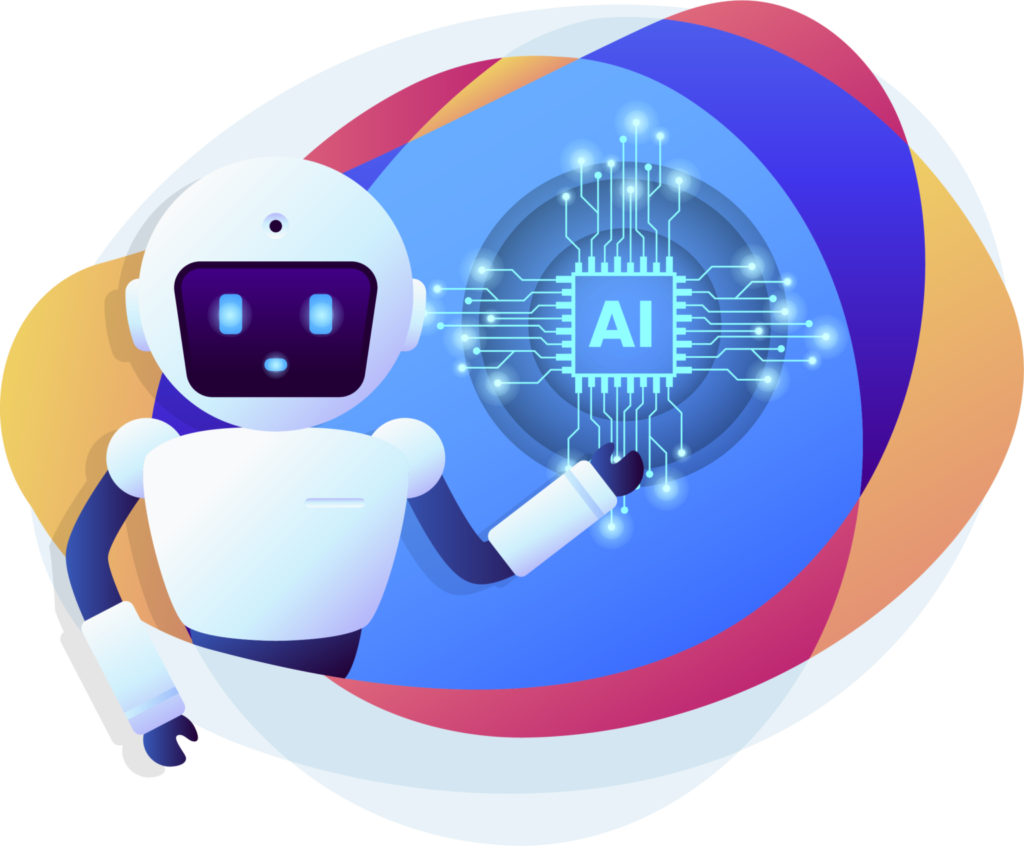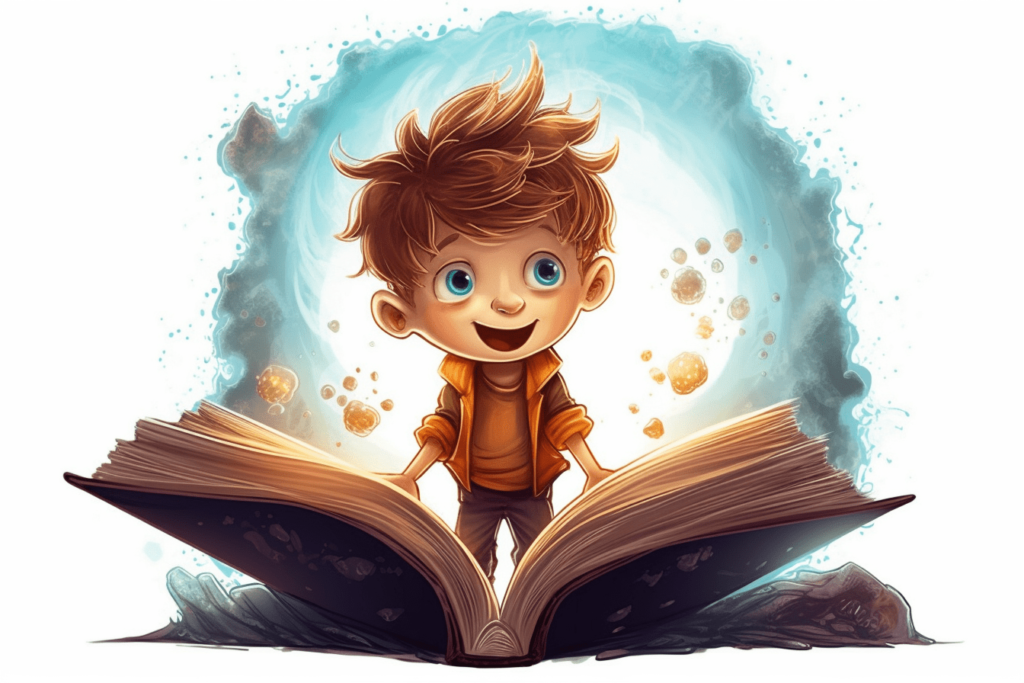The integration of Artificial Intelligence AI in education, especially in early childhood education, has been transformative. AI offers personalized learning experiences, adaptive feedback, and interactive tools that cater to individual student needs. It enhances engagement, fosters critical thinking, and promotes creativity in young learners. AI-powered educational platforms also assist educators in managing classrooms efficiently and analyzing student progress comprehensively. With AI, early childhood education becomes more engaging, effective, and accessible, setting a strong foundation for lifelong learning and preparing children for the challenges of the future.

AI is transforming education for children by offering personalized learning experiences. It tailors content to individual needs, enhances engagement through interactive tools, and provides real-time feedback. Challenges include data privacy concerns and ensuring equitable access. Despite obstacles, AI holds promise for revolutionizing education, fostering creativity, and improving learning outcomes.
Understanding AI’s Integration in Early Childhood Education
AI in early childhood education enhances learning by tailoring experiences to individual needs and learning styles. It simulates human intelligence, aiding in learning, problem-solving, and decision-making for young students. This personalized approach fosters a more engaging and effective learning journey, helping children develop foundational skills more efficiently. AI technologies play a crucial role in creating adaptive and interactive learning environments that support the unique needs of each child.

Personalized Learning Paths in Early Childhood Education
Integrating Artificial Intelligence in early childhood education enables personalized learning paths for each student. AI algorithms analyze strengths, weaknesses, and preferences, allowing tailored lessons that foster engagement and effectiveness, creating a more enriching learning environment.
Exploring Interactive Learning Experiences
AI-driven educational software and applications revolutionize learning for young students by offering interactive and immersive experiences. Through simulations and virtual reality, learners engage hands-on with content, enhancing understanding and retention. These dynamic tools make education enjoyable and effective, fostering curiosity and deepening knowledge.
Exploring Challenges and Considerations in AI-Driven Education for Kids:
Implementing Artificial Intelligence in early childhood education poses challenges such as data privacy, ensuring inclusivity, and maintaining a balance between AI and human interaction. Educators must navigate ethical concerns, monitor AI’s impact on social development, and ensure accessibility for all learners, considering diverse backgrounds and learning needs.

